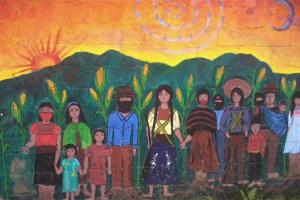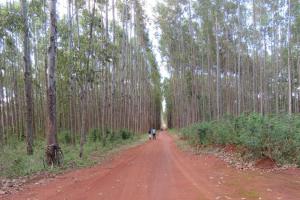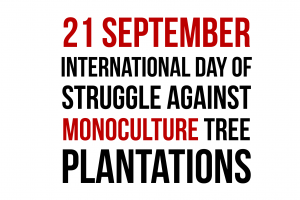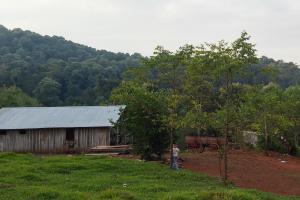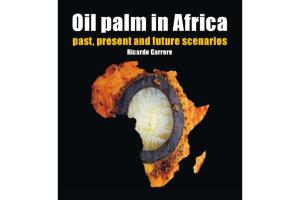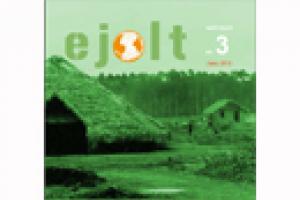Palm Oil
The oil palm tree is native to West Africa. It is an important tree for forest-dependent communities, their cultures and their economies. However, large-scale oil palm monocultures for industrial production (oil and agrofuels) have been driving deforestation and land grabbing in Southeast Asia. More recently, oil palm monocultures are also driving destruction in Africa and Latin America.
WRM spoke with close allies from Brazil, Gabon, India, Mexico and Mozambique, to hear from them and learn about their understandings of development.
In June 2019, a report from the AfDB and WWF Kenya made a call to development-funding agencies, mainly from Europe, and the World Bank, to provide aid money to a new Fund for financing 100,000 hectares of (new) industrial tree plantations, to support the potential development of 500,000 hectares, in Eastern and Southern Africa.
It is a day for organizations, networks and movements to celebrate resistance and raise their voices to demand, “Stop the Expansion of Monoculture Tree Plantations!"
While the destruction of forest territories continues, more pledges, agreements and programs are being implemented in the name of ‘addressing deforestation and climate change’.
